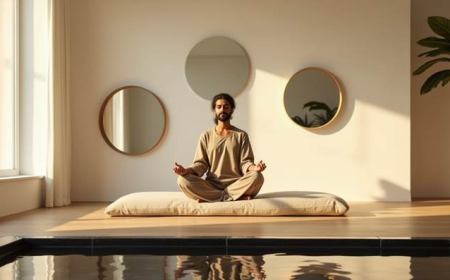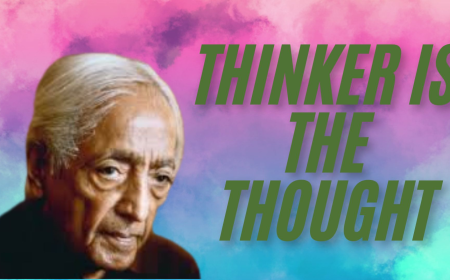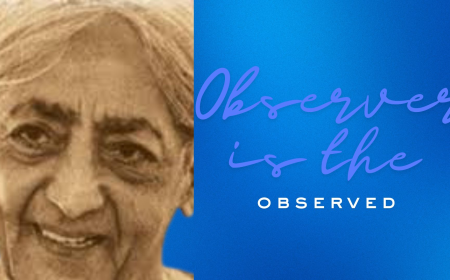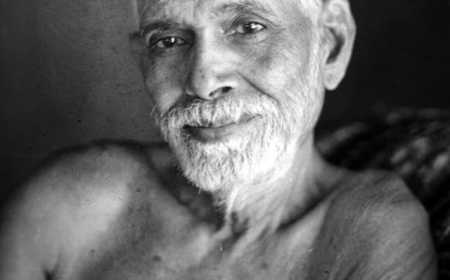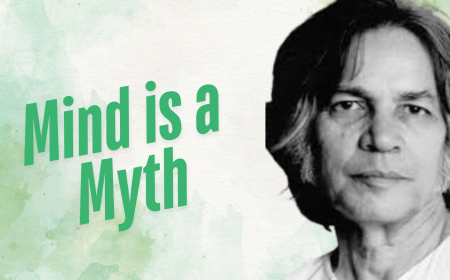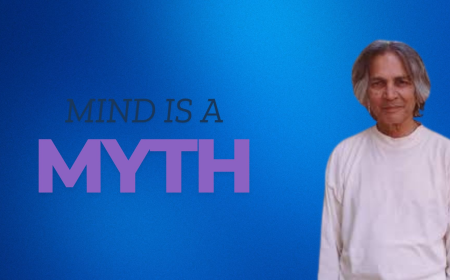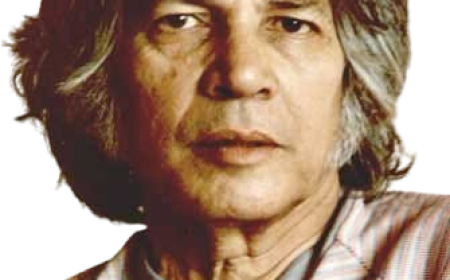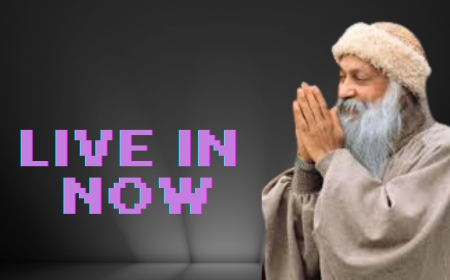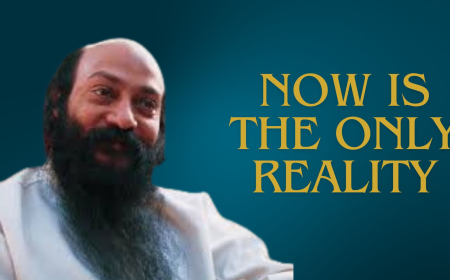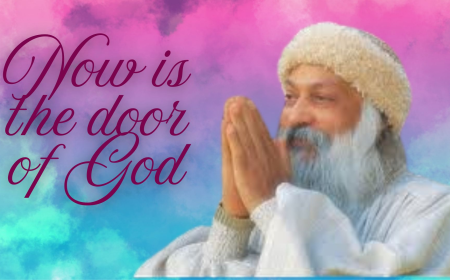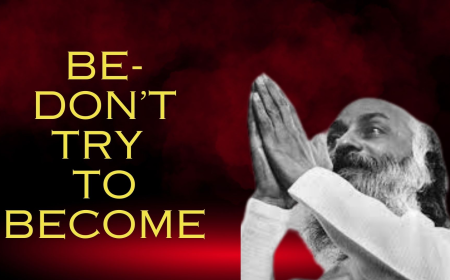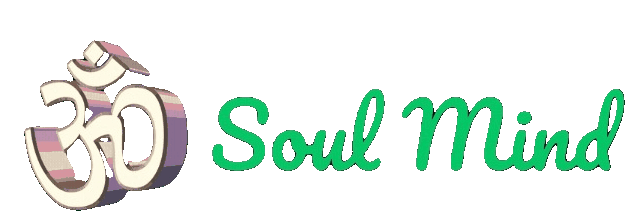Meditation: A Comprehensive Guide to Inner Peace and Mindfulness
Meditation is an ancient practice that helps cultivate awareness, calmness, and focus. It has been used for thousands of years across cultures as a tool for self-discovery and emotional well-being. Today, with increasing stress levels and distractions, meditation is more relevant than ever.

Introduction
Meditation is an ancient practice that helps cultivate awareness, calmness, and focus. It has been used for thousands of years across cultures as a tool for self-discovery and emotional well-being. Today, with increasing stress levels and distractions, meditation is more relevant than ever.
This guide will explore the fundamentals of meditation, its benefits, different types, and practical steps to integrate it into daily life. Whether you’re a beginner or looking to deepen your practice, this article will provide valuable insights.
What is Meditation?
Meditation is the practice of training the mind to focus and redirect thoughts. It helps achieve a state of mental clarity, emotional stability, and inner peace.
Different traditions define meditation in unique ways:
✔️ Self-Inquiry: Exploring one’s thoughts and emotions.
✔️ Emotional Regulation: Developing calmness and reducing stress.
✔️ Spiritual Growth: Deepening awareness of the self and reality.
Benefits of Meditation
Regular meditation practice offers numerous mental, physical, and spiritual benefits:
1. Mental and Emotional Health
✅ Reduces stress and anxiety
✅ Enhances focus and concentration
✅ Improves emotional balance and clarity
✅ Promotes relaxation and better sleep
2. Physical Health
✅ Lowers blood pressure
✅ Boosts immune function
✅ Helps manage chronic pain
✅ Improves sleep quality
3. Spiritual and Personal Growth
✅ Increases self-awareness
✅ Fosters personal transformation
✅ Enhances the sense of inner peace
Scientific studies confirm that meditation rewires the brain, reducing stress hormones and increasing happiness-related neurotransmitters like serotonin.
Types of Meditation
There are various meditation techniques suited for different goals:
1. Mindfulness Meditation
✔️ Focuses on present-moment awareness.
✔️ Observing thoughts and sensations without judgment.
2. Concentration Meditation
✔️ Uses a single point of focus, like a mantra, candle flame, or sound.
3. Guided Meditation
✔️ Involves listening to instructions from a teacher or app.
✔️ Ideal for beginners needing structured guidance.
4. Loving-Kindness Meditation (Metta)
✔️ Cultivates compassion and empathy for oneself and others.
5. Transcendental Meditation
✔️ Uses a personal mantra to go beyond ordinary thoughts.
6. Zen & Vipassana Meditation
✔️ Rooted in traditional Buddhist practices.
✔️ Focuses on deep self-awareness and insight.
How to Start a Meditation Practice: A Step-by-Step Guide
Starting a meditation practice is simple, but consistency is key.
1. Setting Up Your Environment
✔️ Choose a quiet, comfortable space.
✔️ Minimize distractions (e.g., turn off notifications).
2. Posture and Physical Preparation
✔️ Sit comfortably with a straight spine.
✔️ You can sit on a chair, cushion, or lie down if needed.
3. Basic Techniques to Get Started
A. Breath Awareness
✔️ Focus on your natural breathing pattern.
✔️ Gently bring attention back if the mind wanders.
B. Body Scan Meditation
✔️ Observe sensations in different body parts.
✔️ Helps with relaxation and stress relief.
C. Mantra Repetition
✔️ Mentally repeat a word or phrase to anchor the mind.
4. Duration and Consistency
✔️ Start with short sessions (5-10 minutes).
✔️ Gradually increase duration as comfort grows.
Tips for Beginners
Starting meditation can feel challenging, but these tips can help:
✅ Overcoming Common Challenges: If thoughts wander, gently bring focus back.
✅ Using Support Tools: Meditation apps, guided sessions, or joining groups can provide structure.
✅ Mindful Integration: Bring mindfulness into daily activities like eating, walking, or working.
Advanced Practices and Deepening Meditation
Once comfortable, explore deeper meditation techniques:
✔️ Experiment with different meditation styles.
✔️ Increase session durations gradually.
✔️ Combine meditation with yoga or mindful journaling.
Developing a deeper practice helps unlock states of greater peace, insight, and emotional resilience.
The Role of Meditation in Daily Life
Meditation isn’t just for quiet moments—it’s a tool for everyday life.
1. Stress Management and Emotional Balance
✔️ Helps manage work and personal life stress.
✔️ Improves patience and emotional resilience.
2. Enhancing Creativity and Productivity
✔️ Clears mental clutter, improving problem-solving skills.
✔️ Boosts focus and reduces distractions.
3. Building a Sustainable Practice
✔️ Integrate mindfulness into daily activities like eating and commuting.
✔️ Make meditation a habit, not a task.
Conclusion: Start Your Meditation Journey Today
Meditation is a powerful practice that improves mental, emotional, and physical well-being. By starting with small, consistent steps, anyone can experience its profound benefits.
Key Takeaways:
✅ Meditation reduces stress and enhances well-being.
✅ Different styles suit different needs—explore what works best.
✅ Start small, stay consistent, and integrate mindfulness into daily life.
Whether you’re looking for relaxation, self-awareness, or spiritual growth, meditation offers a path to inner peace. Begin today—even one minute of mindfulness can make a difference.
Further Resources:
✔️ Recommended meditation apps: Headspace, Insight Timer, Calm
✔️ Books: "The Miracle of Mindfulness" by Thich Nhat Hanh, "The Power of Now" by Eckhart Tolle
✔️ Free guided sessions available on YouTube and meditation apps
What's Your Reaction?











